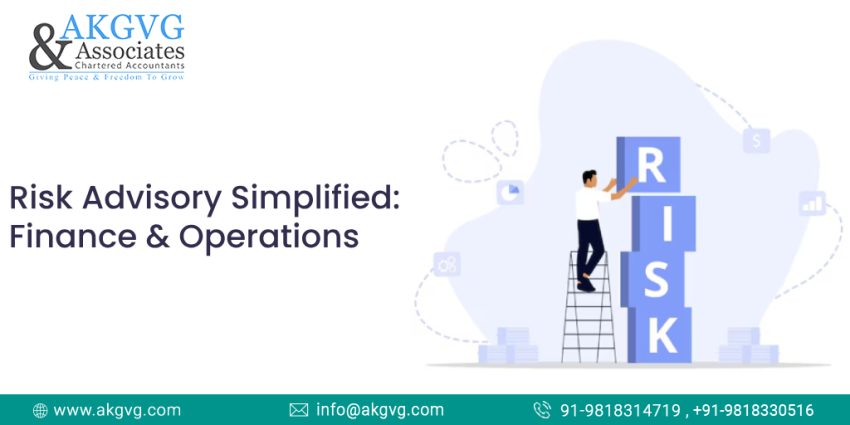All business must contend with uncertainty. Whether it is financial or day-to-day operations related to risks, they are always present in operating any organization. The effective management of these risks gives a company the impetus to be stable and grow confidently. Here is where risk advisory comes into the picture. The question most business leaders ask is, what is risk advisory, both in the context of financial and operational risks. This can be answered through comprehending how it offers professional advice in extracting, evaluating and mitigating risks that may jeopardize the stability and performance of a firm.
What Is Risk Advisory?
To get started, what is the meaning of risk advisory? It is a specialist service that assists the organizations in coping with risks through providing insights, approaches, and solutions. Unlike normal problem-solving, risk advisory is channeled towards projecting the challenges ahead before they occur. It addresses various aspects but two of the most significant are financial and operational risks because these two aspects directly determine the survival and prosperity of a business.
Financial Risks and the Role of Risk Advisory
Financial risks refer to everything that can have an impact on the monetary flow of a company, profitability and/or stability of the company. Such risks may occur as result of the oscillation of the market, default on credits, changes in regulations, or ineffective financial planning. When companies fail to manage risks that pertain to the finances of the business, they can either collapse or incur losses unexpectedly.
As such it becomes important to understand the risk advisory. Risk advisory services assist organizations to detect vulnerabilities within the financial systems and start enhancing their internal checks and balances as well as brace against unforeseen contingencies. As an illustration, advisory professionals can recommend that investments should be diversified, debt should be better managed or better reporting systems constructed. In such a way, they make businesses less vulnerable to any sudden shocks and improve financial health.
Operational Risks and the Role of Risk Advisory
Operational threats are risks that arise from within a business ‘own operations. These can come in the way of supply chain problems, system breaks, employee mistakes and even external forces that interfere with normal operations. Unless countered, such risks weaken efficiency and even cause a substantial loss of finances.
So, what is risk advisory in the context of operations? It is the exercise of reviewing systems, processes and controls to make sure that the running of business activities goes smoothly. Some measures, such as improving supply chain efficiency, data security training of employees, or even enhancing technology are common suggestions given by advisors. In addressing these problems, a company can avert any disruption and ensure a steady performance.
Why Businesses Need Risk Advisory
The result of having both financial and operational risks is that the effects can be serious. A company can lose revenue, cause delays or operational disruptions or tarnish the reputation. By posing a question What is risk advisory businesses have understood that it goes beyond preventing issues but achieves better resilience. A sound advisory strategy means that, even when risks happen, the company will be ready to respond within no time and minimize the havoc.
Building a Risk-Aware Culture
Besides solving the problem at hand, risk advisory can be used by organizations to create a culture that makes everyone conscious of risks. Employees are trained to identify problems promptly and report them, and the management will acquire the instruments to react promptly. In this respect, risk advisory is not merely about the input of expertise, but about transformation in the way organizations think about risk in general.
This content is meant for information only and should not be considered as an advice or legal opinion, or otherwise. AKGVG & Associates does not intend to advertise its services through this.


